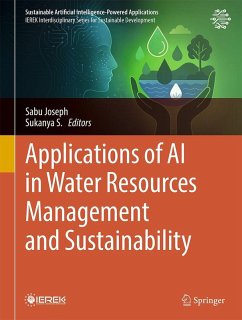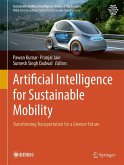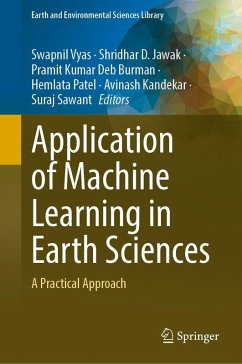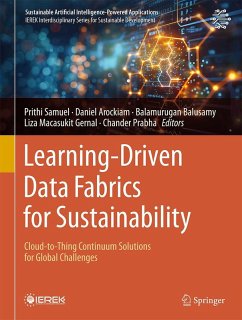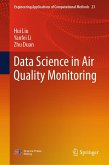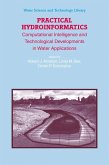This book offers a comprehensive exploration of the transformative potential of robust, innovative AI techniques like machine learning and deep learning in revolutionizing water management to achieve UN sustainability goals. It highlights AI s pivotal role in ensuring the efficient, equitable, and sustainable use of water resources, aligning particularly with Sustainable Development Goal 6 (SDG-6) ensuring the availability and sustainable management of water and sanitation for all. Beyond SDG-6, this book highlights AI s critical contributions to other goals, such as promoting sustainable agriculture (SDG-2), building resilient infrastructure and fostering innovation (SDG-9) and creating inclusive, safe, resilient, and sustainable cities (SDG-11), with a special focus on water-stressed regions in the context of climate change.
The book delves into the integration of AI in various aspects of water resource management including enhancing data science processing capabilities, protecting public health and understanding societal impacts. The multifaceted challenge this book addresses is the global issue of water scarcity, quality and distribution, and how AI technologies can be leveraged to provide innovative solutions. It blends theoretical insights with practical applications, serving as a vital resource for those seeking to harness AI for effective water management. Through its comprehensive scope and forward-looking perspective, this book aims to inspire innovation and drive significant progress toward a sustainable water future, ensuring that water resources are managed with efficiency and equity.
Organized into several chapters, each section provides an in-depth analysis and practical insights into specific AI applications within water management domain. Key topics include water quality management, groundwater and surface water resources management, urban and agricultural water solutions, coastal aquifer management, industrial water and wastewater treatment and desalination processes. The book also explores AI s role in promoting a circular water economy and its applications in crucial areas such as hydroclimatology.
The book delves into the integration of AI in various aspects of water resource management including enhancing data science processing capabilities, protecting public health and understanding societal impacts. The multifaceted challenge this book addresses is the global issue of water scarcity, quality and distribution, and how AI technologies can be leveraged to provide innovative solutions. It blends theoretical insights with practical applications, serving as a vital resource for those seeking to harness AI for effective water management. Through its comprehensive scope and forward-looking perspective, this book aims to inspire innovation and drive significant progress toward a sustainable water future, ensuring that water resources are managed with efficiency and equity.
Organized into several chapters, each section provides an in-depth analysis and practical insights into specific AI applications within water management domain. Key topics include water quality management, groundwater and surface water resources management, urban and agricultural water solutions, coastal aquifer management, industrial water and wastewater treatment and desalination processes. The book also explores AI s role in promoting a circular water economy and its applications in crucial areas such as hydroclimatology.

